Poetry 1916 - Sligo Poets
Main menu:
- Home
-
1912
- 1912
- Sligo Poetry 1912
-
1913
- 1913
- Sligo Poetry 1913
-
1914
- 1914
- Sligo Poetry 1914
-
1915
- 1915
-
Sligo Poetry 1915
- Sligo Newspaper Poems
- Sligo Champion
- Sligo Independent
- Sligo Nationalist
-
1916
- 1916
-
Sligo Poetry 1916
- Sligo Newspaper Poems 1916
- Sligo Champion
- Sligo Nationalist
- Sligo Independent
- The Poets
- Bibliography
- The Author
Poetry 1916
Guillaume Apollinaire, the French poet, playwright and novelist, born in Rome of Polish descent, was wounded in the head by shrapnel fragments while serving in the French army on the Western Front. He never fully recovered and died of influenza during the 1918 Spanish Flu pandemic. He is considered one of the foremost poets of the early 20th century.
Apollinaire pictured right in 1916 after being wounded.
Many British poets lost their lives during the battle of the Somme (July-
Robert Graves was so badly wounded by a shell-
In July, poet Siegfried Sassoon was awarded the Military Cross for conspicuous gallantry during a raid on the enemy’s trenches.
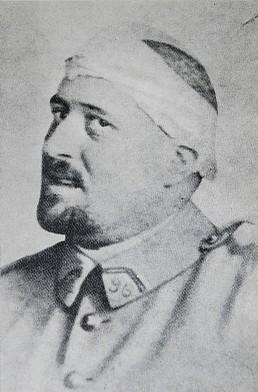
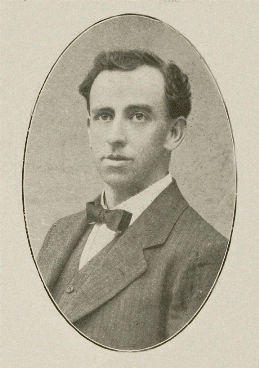
The 1916 Rising in Dublin had a number of writers among their leaders. These included Thomas MacDonagh, pictured left, who was well known in literary circles, a poet and editor of the literary periodical The Irish Review. His poetry collections included Through the Ivory Gate,1902, April and May, with Other Verses, 1903, Songs of Myself, 1910 and Lyrical Poems, 1913.
Padraic Pearse wrote in Irish and English, and edited An Claideamh Soluis for many years. His published work included Iosagán agus Sgéalta Eile, 1907, Suantraidhe agus Goltraidhe [Songs of Sleep and Sorrow] 1914 and The Singer, 1915.
Joseph Mary Plunkett was involved with McDonagh on The Irish Review. His poetry collection, The Circle and the Sword, had been published in 1911. Plunkett, Pearse and McDonagh were executed after the failure of the Rising.
W.B. Yeats wrote his great poem, Easter 1916, as a response to the Rising and finished it at the end of September 1916. He had an edition of 25 copies printed privately but it was not published widely until 1920 when it was included in The New Statesman, London, and The Dial, New York. Yeats included it in his collection, Michael Robartes and the Dancer, published in 1921.
The avant-
In late 1916 American poet, Wallace Stevens, joined the home office of Hartford Accident and Indemnity Company and moved to Hartford, Connecticut, where he remained the rest of his life.
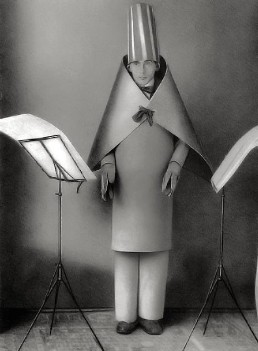
Some Works published in 1916
Laurence Binyon, The Anvil, and Other Poems
Edmund Blunden, Pastorals
Jean Cocteau, Discours du Grand Sommeil, a poem written after experience as a Red Cross ambulance driver at the front in the war
Hilda Doolittle (H.D.), (picture right) Sea Garden
Eleanor Farjeon, Nursery Rhymes of London Town
Robert Frost, Mountain Interval
Robert Graves, Over the Brazier
Thomas Hardy, Selected Poems
D. H. Lawrence, Amores
Amy Lowell, Men, Women and Ghosts
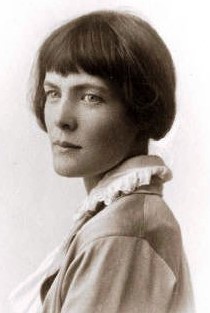
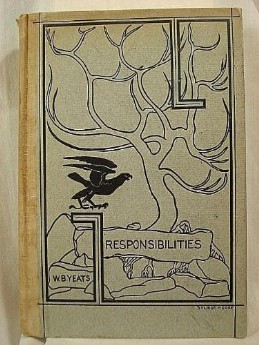
Winifred Mary Letts, Hallow-
Vladimir Mayakovsky, The Backbone Flute (Fleyta pozvonochnik) and War and the World (Voina i mir), Russian
Charlotte Mew, The Farmer's Bride
Jessie Pope, Simple Rhymes for Stirring Times
Ezra Pound, Lustra
Lady Margaret Sackville, The Pageant of War
Robert W. Service, Rhymes of a Red Cross Man
Edith Sitwell and Osbert Sitwell, Twentieth Century Harlequinade, and Other Poems.
Rabindranath Tagore, Fruit Gathering, lyrics translated by the author into English from the original Bengali
Edward Thomas, Six Poems, his first published poetry (under the pen name 'Edward Eastaway')
Katharine Tynan, The Holy War
William Butler Yeats, Responsibilities and Other Poems